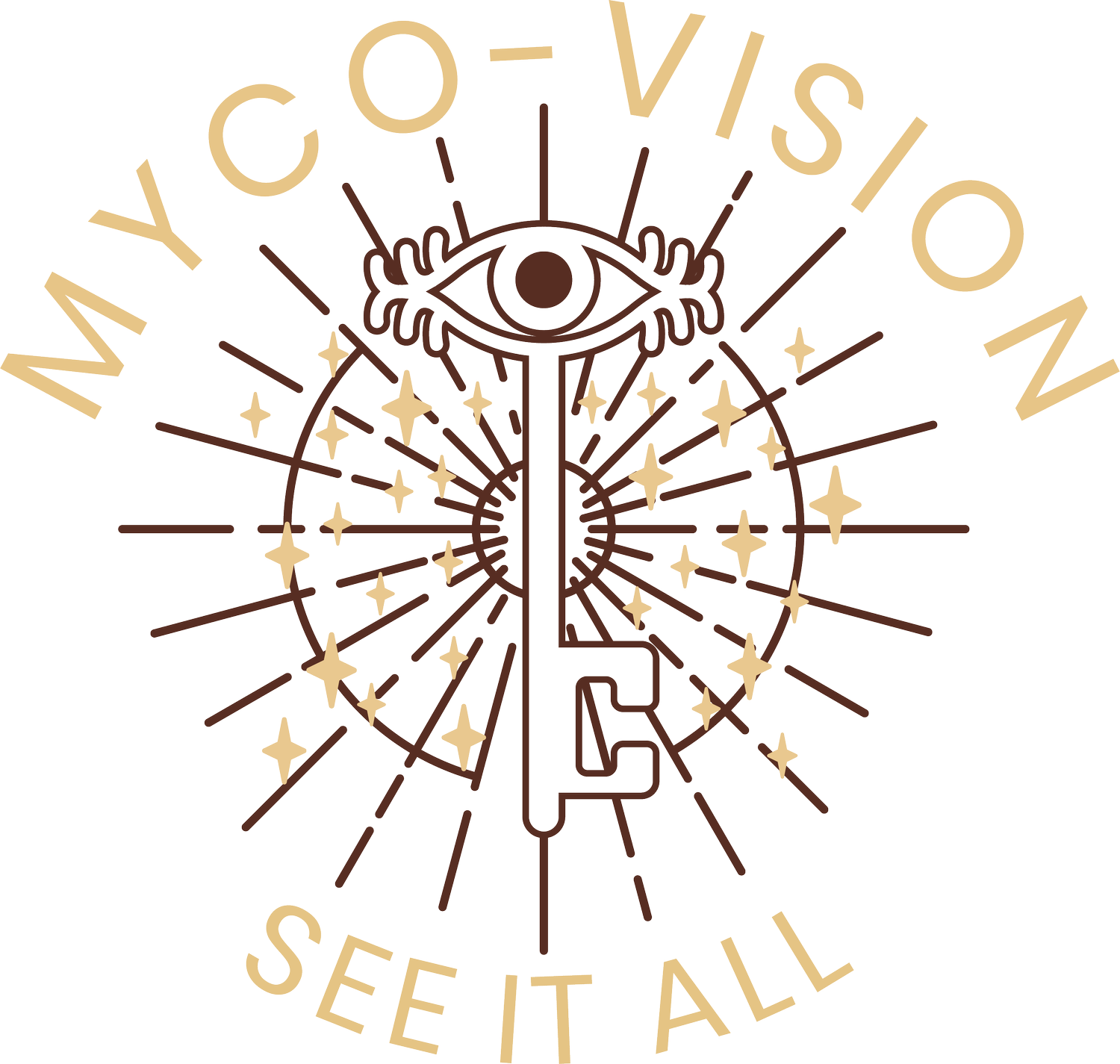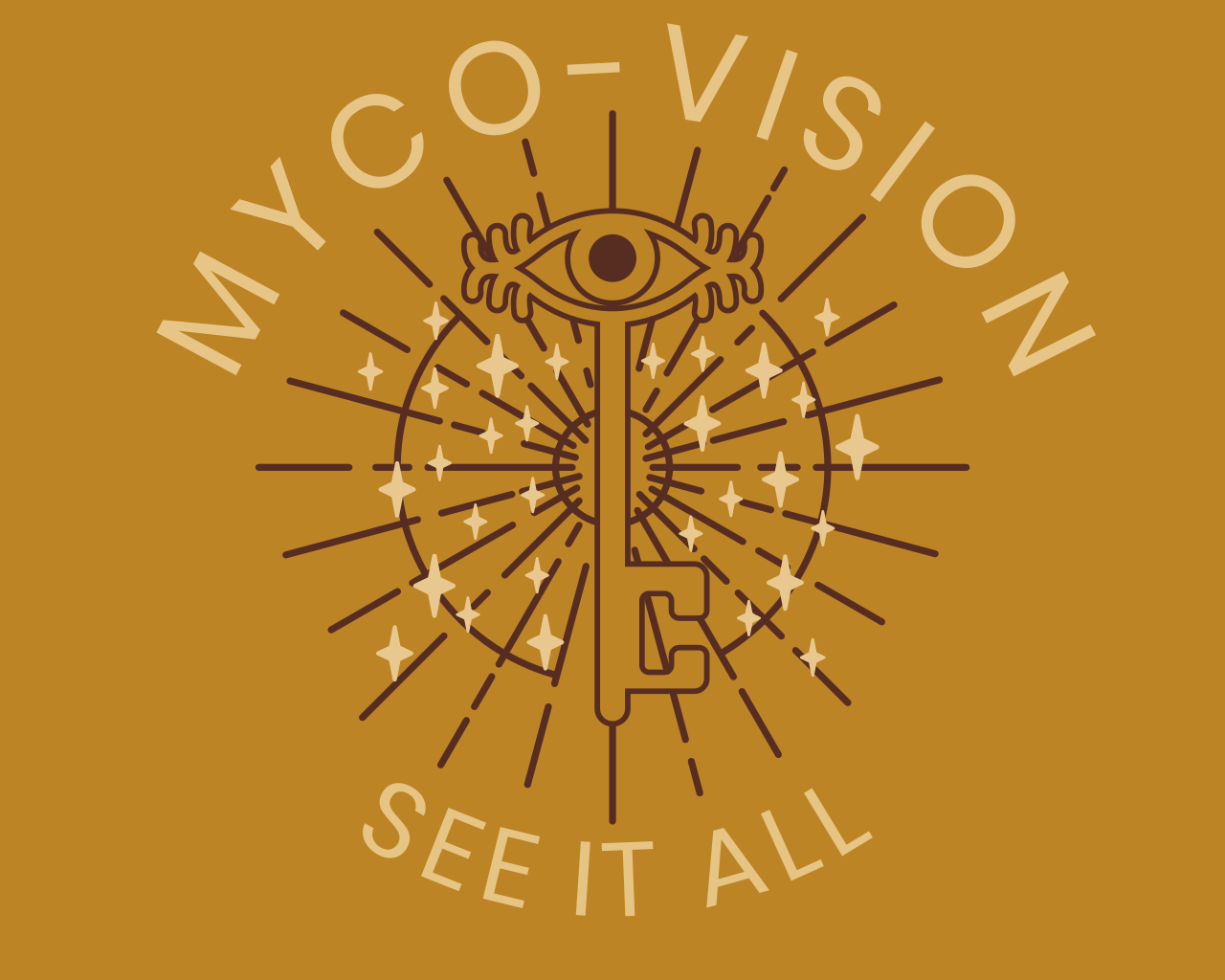Embracing Diversity in Psychedelic Therapy: De-centering Dominate Culture
Psychedelic “therapy” or the use of psychedelic substances and plant medicines in the therapeutic space, has witnessed a surge in popularity around the world, promising advancements in caring for mental well-being and personal growth. While discussions often revolve around its usage in western clinical frameworks, it is essential to recognize that the use of psilocybin-containing mushrooms extends far beyond any single tradition. I am calling for those working in the field to embrace and emphasize the diversity of approaches to psychedelic work, acknowledging that the practice can be contextualized within various frameworks. Ultimately, the focus should be on providing relevant and effective support to the individual needs of the clients we work with and presented in a way that resonates with them. In this there is an understanding that not every client is a good fit for every practitioner or substance, and visa versa.
Recognizing Global Perspectives:
Psilocybin-containing mushrooms can be found in different regions around the world, and in fact grow naturally on all continents, highlighting the universality of their presence. This suggests that the knowledge and practices associated with psychedelics are not confined to any single culture or tradition. With this mind opening and life altering substance to readily abundant and available is nearly begs the question of not only could we all be using it, but should we all be using it. These powerful teachers belong to all of humanity. As such, it becomes crucial to acknowledge the multitude of ways in which these substances can be utilized and the various cultural contexts from which they derive. The use of these substance predate language itself, why must we now feel we must limit it's usage to fit into what we understand?
Different Contextual Frameworks:
The efficacy of psychedelic experiences lies in their ability to be relevant and meaningful to the individual. In order to prepare, navigate, and integrate such experiences effectively, a framework for personal practice, such as mindfulness and self-awareness, can be immensely helpful. However, it is important to recognize that this framework can be contextualized in diverse ways. Most often the argument from the West against healing work done in the context of indigenous medicine ceremonies is that they lack proper preparation and integration and with the added complication of a language barrier and lack of personalized support and attention, they can be ineffective if not outright re-traumatizing. and while is is based on an actual pattern that plays out time again with what I call "ceremonial tourism" within the communities of these Indigenous ceremonies, the ways of life have long incorporated psychedelics, offering a rich tapestry of knowledge and practices and being exposed to them and giving them context and meaning their entire lives. These traditions provide a profound context for working with psychedelics, as they encompass a holistic approach deeply rooted in the community, mindset, and belief systems of indigenous cultures. The preparation and integration occur naturally within the fabric of their daily lives, making it essential to respect and learn from these time-honored traditions.
Western Therapeutic Modalities:
It is equally important to acknowledge the valuable contributions of Western therapeutic modalities in psychedelic work. Frameworks such as psychotherapy, psychiatry, social work, counseling, and other evidence-based approaches provide valuable tools for preparation, integration, and support. These practices offer a structured and familiar context for individuals who have been raised within Western psychological frameworks.
Expansion of Possibilities:
Beyond indigenous and Western frameworks, many other paths can enhance the psychedelic experience. Martial arts, meditation, secular spiritual practices, and countless other modalities can provide a meaningful container for individuals to explore and integrate their psychedelic journeys. The key is to find a framework that resonates with the individual's beliefs, values, and aspirations.
Fostering an Inclusive and Balanced Approach:
To ensure that psychedelic therapy is accessible and beneficial to all, it is crucial to embrace a diverse range of frameworks. Recognizing the global presence of psilocybin-containing mushrooms and the varied traditions and practices associated with them expands the possibilities for therapeutic enrichment. By fostering inclusivity and acknowledging the multitude of approaches, we create a space that respects and honors the diversity of human experience and culture. Therefore I ague strongly that embracing diversity in psychedelic therapy is vital for its growth and effectiveness. The inherent universality of psilocybin-containing mushrooms calls for a balanced and inclusive approach that goes beyond any single tradition or framework. By recognizing the numerous ways in which individuals can prepare, navigate, and integrate their psychedelic experiences, we create a more comprehensive and supportive environment for personal growth and healing. Let us celebrate the richness of different cultures and perspectives, and harness this collective wisdom to unlock the profound potential of psychedelic therapy for all.

